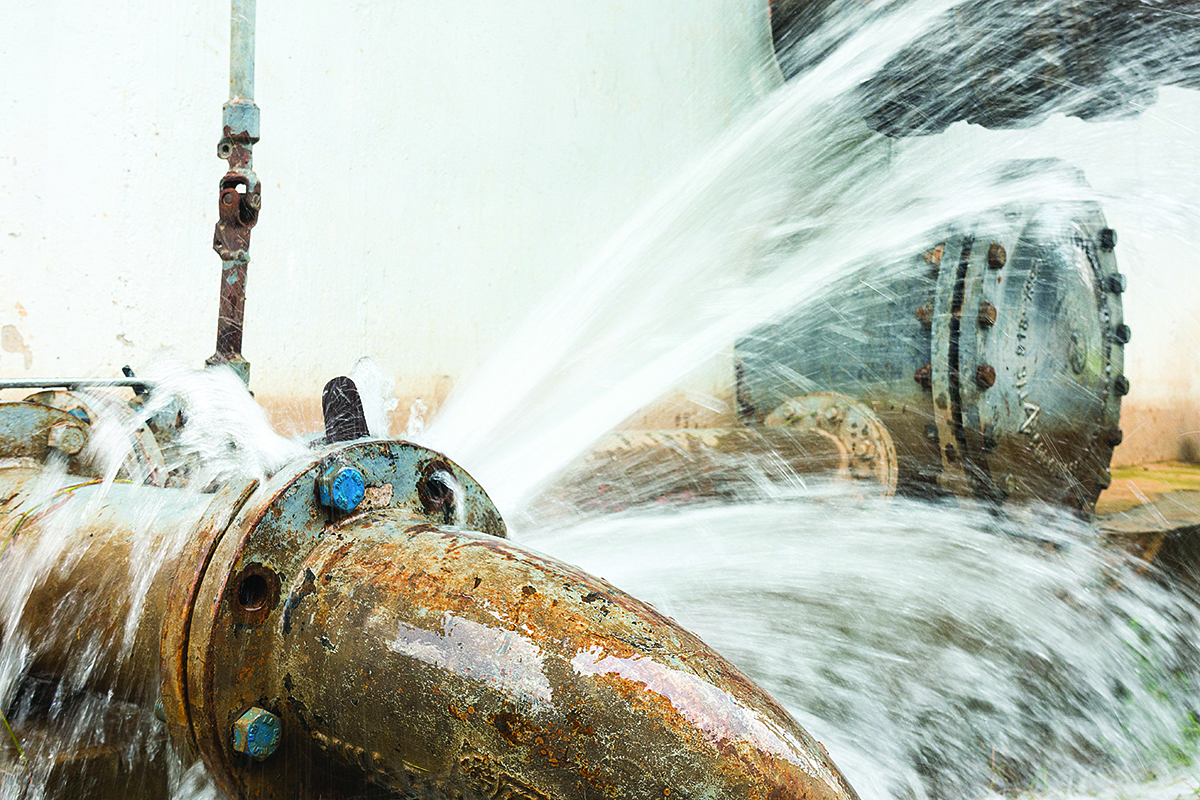
Richard Broome, MD at LSBUD, an online safe digging resource, discusses the surge in asset searches across the Covid-period and examines why the construction sector is set for a ‘digging boom’
ALMOST all construction work was put on hold as the pandemic first hit the UK, with the construction sector ‘hibernating’ and going into planning mode, ready for when the lockdowns were lifted.
As the country started to return to some form of normality, and the Government put significant resource behind large scale infrastructure in a bid to kick-start the UK’s economy, we started to experience a ‘digging boom’.
Indeed, according to the 2021 Digging Up Britain report, construction companies, contractors and the general public used lockdown to plan for almost one million projects, including house and road building, extensions and road maintenance. These new searches swelled the estimated four million projects which already take place each year, creating a surge of activity.
HS2 is a fantastic example of this, with construction on the UK’s biggest project in generations ramping up substantially. So, what does all of this mean?
More Digging
Simply put, more digging.
With an increase in infrastructure projects, there comes a greater need to ensure the work is being undertaken in a safe manner.
Whilst we all want to reap the benefits immediately, it is important that we don’t hamper our future selves now by not thinking about the implications of a major upswing in activity.
With more projects set to take place than ever before, the chances of someone hitting an underground asset increase, especially as time pressures start to creep in and corners are cut.
We can’t let this happen. Performing a quick and easy asset search before a digger bucket hits the ground must remain part of all organisations’ safe digging practices. This is not only good health and safety practice, eliminating unnecessary risk on site and keeping workers safe, but it also keeps projects on track.
For instance, future projects are often dependent on the previous one finishing on time. If you are delayed due to pipes or cables having been struck during excavation, someone else might pick up that contract you are after. Time really is money.
There are also financial consequences for construction companies to think about when an asset is struck. The pipes and cables will obviously need to be repaired, but beyond this there are indirect costs, such as traffic disruption and loss of custom to local businesses which must be considered when calculating the final bill.
Where is the digging coming from?
As has been the case over the last few years, the majority of digging work is being done on behalf of the telecoms sector, closely followed by the water industry. Interestingly, both saw their overall share of total searches increase after a few years in decline, with them collectively making up 63% of all searches.
Against the backdrop of all this digging activity, the good news is that the UK’s underground pipes and cables have never been more visible, with more than 100 asset owners now registered on LSBUD.
However, the water sector remains most vulnerable to asset strikes. Just 15% of asset owners from the water industry share their information via the LSBUD portal, which makes for bleak reading compared to the gas and electricity sectors which each boast over 90% representation on the portal.
Strive for better
As our research shows, the UK’s underground infrastructure, and those working near it, are better protected than ever. In Scotland, three of the four major distribution networks – SSE, SGN and SP Energy – are now LSBUD members, making the region incredibly well protected from strikes and third party damages. This is reason to celebrate but with a ramping up of excavation activity across the country, now is not the time to get complacent.
This is why we’d like the remaining asset owners to subscribe to the LSBUD portal and start sharing their information more readily. It’s only by collaborating with the other utility companies to give all those digging a full picture of what lies beneath the ground, that needless strikes will be minimised, and accidents avoided.
It’s also essential that everyone searches for underground pipes and cables before digging – to avoid the myriad of consequences that can come with striking such assets.
The movement we have seen is very positive, but we can still be better by asset owners following the adage – subscribe, share and search.








